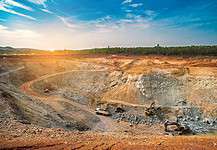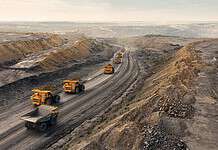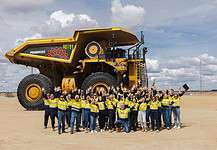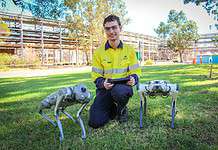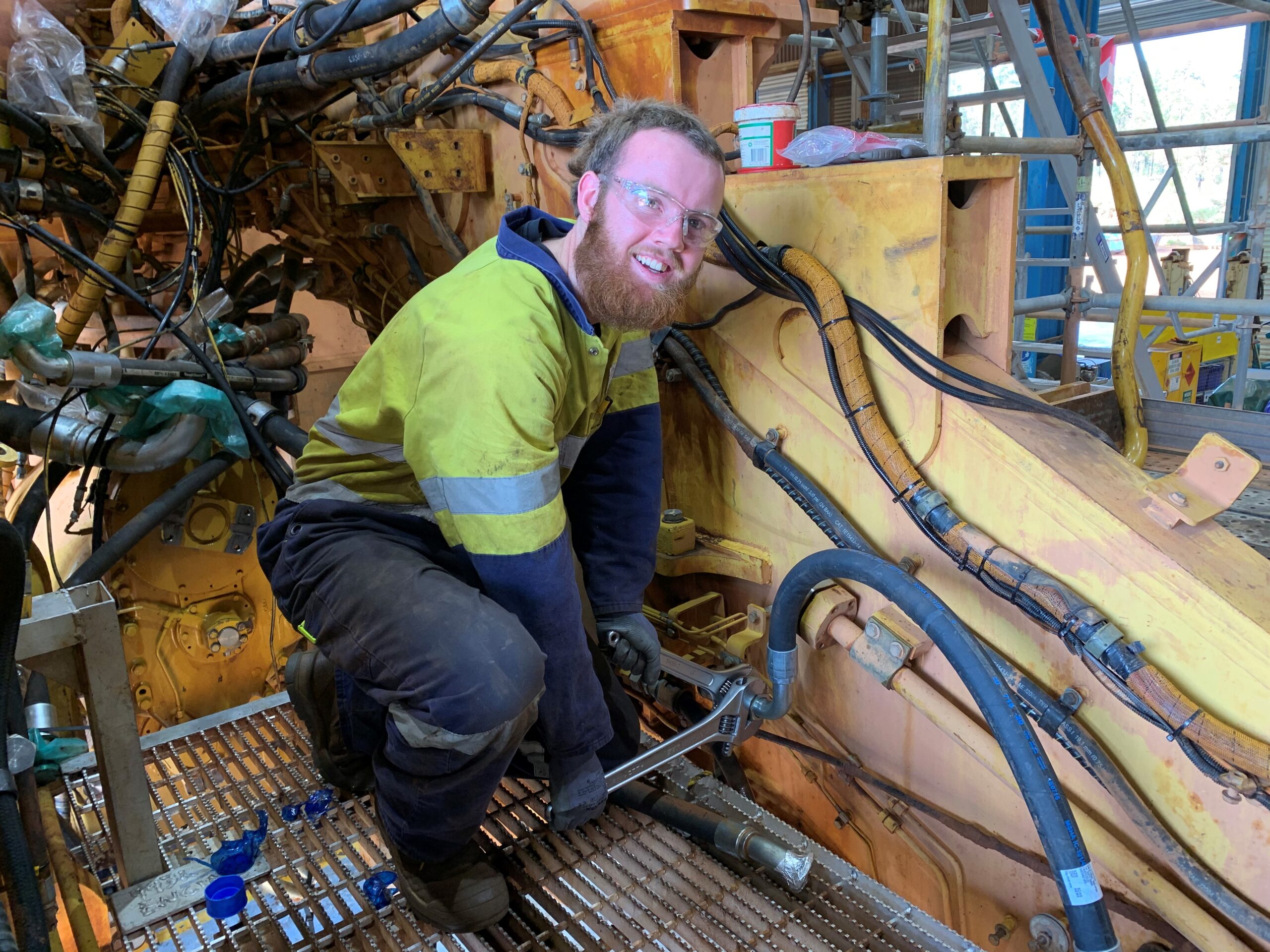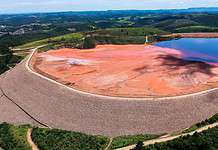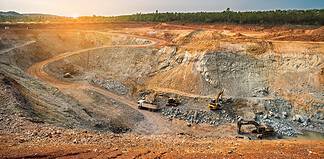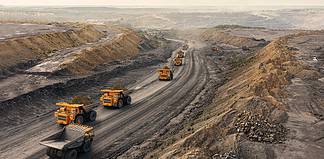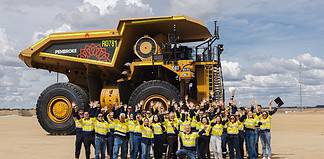Alcoa combats hose failures, invests to reduce leaks and spills
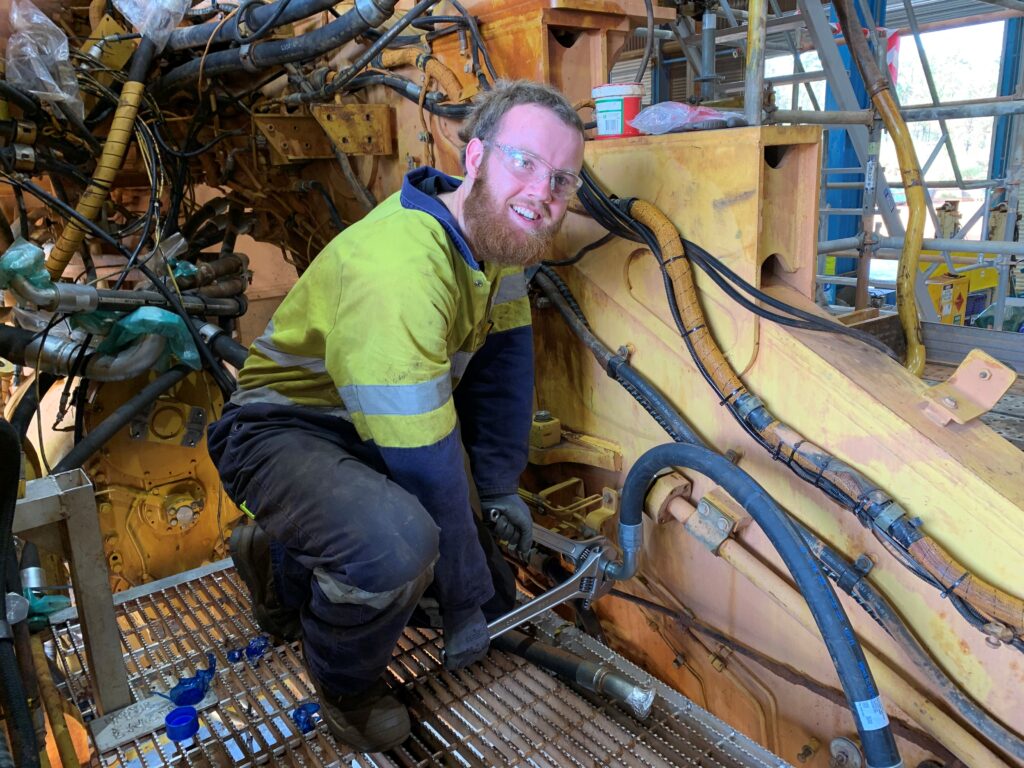
Alcoa has nearly halved the amount of spills from its fuel, hydraulic fluid and other hydrocarbons over the past four years at its bauxite operations in the Peel region of WA.
And the company says it is on track to cut spills by up to 60% by the end of 2023.
The results at Alcoa’s Huntly and Willowdale bauxite mines are due to measures including adopting a rigorous preventative maintenance schedule that far exceeds manufacturer recommendations, better training for personnel and introducing more regular inspections of mobile equipment.
With a focus on maintaining its 60-year record of never having negatively impacted public drinking water supply and to ensure mined areas can be readily restored to fully functioning forest ecosystems, Alcoa has identified hose failures as the most common cause of hydrocarbon spills.
To address this, Alcoa reduced the time between replacement of hydraulic return hoses, in some cases from a recommended 20,000 hours to 8,000 hours and trained specialist crews to inspect mobile equipment when it stops for refuelling or while in the field.
Alcoa WA mining manager Darrin Strange says dealing with potential issues before a failure occurs has been the key to achieving the 47% reduction in spills since 2019.
“We identified the most common points of failure, and the potential severity of various loss-of-containment events, across all our mobile equipment and fixed plant,” he said.
“That gave us the data to understand where to adjust maintenance schedules, what additional spare parts we had to carry, and what dedicated training was required to stay ahead of potential risks.”
Mr Strange says inspections of mobile equipment, which previously may have only occurred during major maintenance procedures, are now carried out every time a machine stops to refuel.
“Regularly looking for early signs of wear and leaks can prevent spills entirely,” he said.
“We have also ensured maintenance technicians responsible for building and fitting hose assemblies have comprehensive training and access to manufacturer specifications.”
In the event of a spill, Mr Strange says Alcoa has comprehensive response and remediation processes to ensure all traces of spilled fluids are quickly contained and removed, including thoroughly testing the affected area for any remnants.
“We use specialised soil sampling equipment to test samples in the area where a spill has occurred and if any further traces are found, we do further clean-up and testing,” he said.
Mr Strange says that Alcoa is working with contractors and equipment hire providers to ensure the same rigorous maintenance procedures are followed.
The enhanced measures have grabbed the attention of original equipment manufacturers.
“We’ve heard anecdotally that many of our procedures go far above what others in theindustry are doing,” Mr Strange said.
“We’re also working with some of our equipment suppliers on additional projects to continue improving the risks.
“While all miners have to be vigilant when it comes to managing loss of containment, Alcoaplaces exceptionally high importance on its performance given we operate in the jarrah forest and near public drinking water sources.
“One of the key aspects of our operations is restoration of the jarrah forest when we finish mining in an area.
“We are continually improving the ways in which we do that and inhibiting any unwanted spills from entering the environment in which we work is one of the keys to successful outcomes.”


